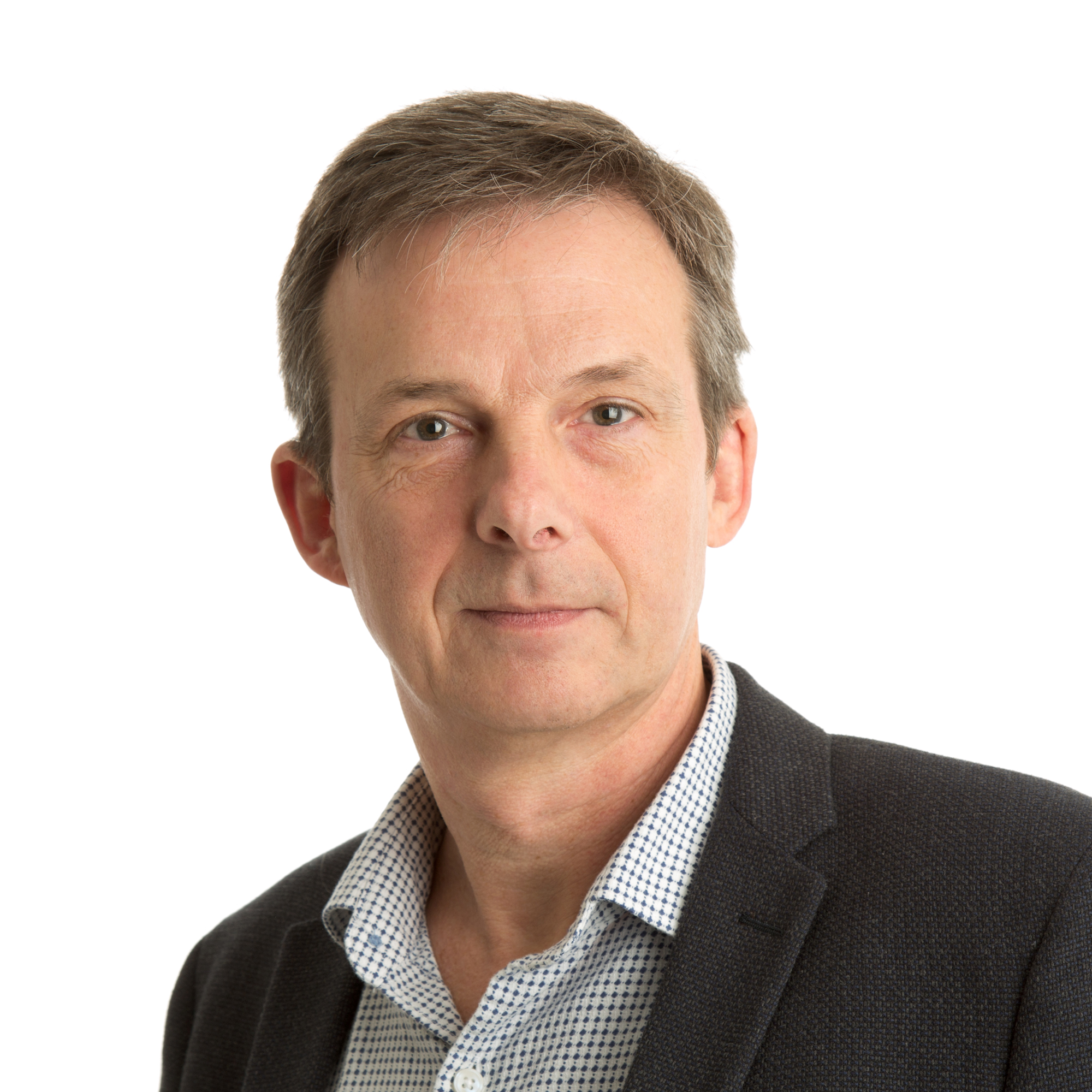
CECOG based in Vienna, gathers oncologic centers in 23 countries, among which is Croatia. The goal better harmonize Western, Central and Southeastern European countries in implementation of treatment standards resulting from medical and scientific research in the treatment of cancer patients.
Euractiv conducted an interview with professor Zielinski who participated in the international meeting held in Zagreb - 'Solution-Focues Cancer Care in Central & Southeastern Europe'. Tackling cancer in the EU is one of the priorities and goals of the new European Commission, and it will be one of the major issues discussed during the Croatian presidency of the EU.
- We are trying to put Central and Southeastern Europe on the map of attention – said Zielinski pointing out on big disparities that exist on the level of the European union regarding cancer treatment, prevention and mortality rate.
1. How come the cancer treatment has recently become a political issue and EU politicians have set it to be one of the priorities of the newly elected Commission?
Cancer has become a political issue because of three aspects. First of all the prevalence of cancer is increasing quiet dramatically. Recent analysis published in one of the most famous scientific journals called the Lancet says cancer is the highest reason for deaths in wellbeing countries. The prevalence for death is much stronger than for the cardiovascular diseases.
The second reason is that there are new drugs which are of course expensive and they have been introduced in a very broad way. There is about sixty drugs which have been introduced in between 2011 and 2016. And in the year 2018 along there were other 60 drugs introduced - same drugs but widened in their registration or new drugs. So it means we have an avalanche of treatments which are expensive but also what is important that this drugs are prolonging people's life. We have more and more patients living with cancer.
Third aspect of course is that we are dealing with high spendings. Cancer drugs are expensive for series of reasons and therefore social spendings for cancer patients are increasing. So we have this three points that all influencing on the increase of visibility of political issues.
2. What is your opinion on EU Masterplan to fight cancer? Why do we need it?
Because we have realized that cancer is a disease which is not only something you have to treat. Cancer is a disease which need multidisciplinary care. This care is not much more tradition but it considers other aspects. Plus what is important it is a very context of disease which ranges from prevention, recognition, screening, down to treatments, having a cancer plan depending on diagnostics, depending on access to diagnostics and finally treatments which means access to drugs but also to other possibilities like for instance radiotherapy. Diagnostic itself is not an easy issue because you need a lot of CTs for screening, you need magnetic resonance etc. Everything together had to be brought to the cancer plan in order to approach the disease's problem and than try to implement and resolve the issue.
3. Cancer treatments is highly in cost. How can a healthcare system improve the access to treatments to people from different social backgrounds?
This is the decision that needs to be taken on the national level and of course social security concept. I am coming from a country where you have social security available for everybody, and i think this is probably the way to go. How this is than being developed in other countries is a separate question. We have developed in Vienna, where I am chairing the cancer center, concepts concerning outcome benefit and risk sharing models meaning that companies which have expensive drugs the outcome is shared in the cost between pharmaceutical companies and social security spendings. So that might be problem and a way to go.
4. Do you think this is one of the reasons some countries of the EU are achieving better results in the fight against cancer?
Yes, we know that. Access to care is associated to better survival, there is no doubt about that. We do have appropriate data showing that access to drugs is associated to better survival of cancer, no doubt.
5. In your expert opinion, what is the current state of the healthcare environment in the EU regarding cancer treatment?
Well it differs, that is why we are having this conference here. We have the impression that in the Western European countries, except UK, you have a quiet good access to cancer care which results into excellent treatment outcome like it is the case in Austria, France, Switzerland or Scandinavian countries. Than we have countries where you have a high prevalence of cancer but the outcome is worse like for instance in Southeastern Europe. Data about drugs and cancer care in general show big disparities. That is why this conference is taking place in order to find solution how this disparities in Central and Eastern Europe could be overcome.
6. Croatia is the second regarding mortality from lung cancer in the EU, what is the reason for this? How to improve this negative rate?
You said Croatia, but the problem is not only limited to Croatia. Cancer mortality in Central and Eastern Europe is lung cancer driven, so the story is that lung cancer is the disease most singular disease which drives as enormous mortality. We do have countries where mortality in women from cancer is more lung cancer driven than breast cancer driven. In breast cancer we did noticed a drop in mortality. This is the major problem. This is associated with prevention concept.
7. How do you comment that despite better drugs, education, ways of prevention there is a growing number of patients diagnosed different respiratory diseases and lung cancer?
Because more and more youth are smoking. We have problem that women became very strong group of smokers which wasn't the case before. Prevention should start in school and education especially with teenage and adolescent population. What worries the most is that lately women are catching up with smoking habits. And it is becoming a burden to female which have not been the case up until recently.
Smoking is connected with almost every malignancy, including breast cancer or colon cancer. It is incredible but that is what it is. For instance, bladder cancer is a classical type and it used to be occupational disease, connected to laundry or dry cleaning workers but now the major reason for it is smoking because high concentration of nicotine and tar are found in the urine of patients.
8. How would you describe Transboundary cooperation between different EU countries in achieving education and innovation in oncology?
That is what we are trying within Central European Cooperative Oncology Group (CECOG). We are trying to tackle this cooperation to foster development in research. Plus we are trying to share clinical trials so that they become accessible across Central and Southeastern Europe. This access would mean access to modern drugs.
9. Austria is famous as a great oncology center and hub. How did it achieve success in becoming on of the leaders in oncology treatments?
Well, I think there are several reasons for this. First, it is a small country, so it is rather easy to generate points of expertise and best points of service. We have in fact universities plus the university cities which have cancer centers. So it is not a country where everybody just treats cancer because she or he thinks or it taught of how to do it. The majority of patients are refered to centers.This is the first point.
The second point we do have very short reimbursement decisions. The decision after registration whether drug will be reimbursed is three months. In central Europe is 1000 days so it is three years. And there was a drug that needed ten years to be decided to be reimbursed.






Komentari
0